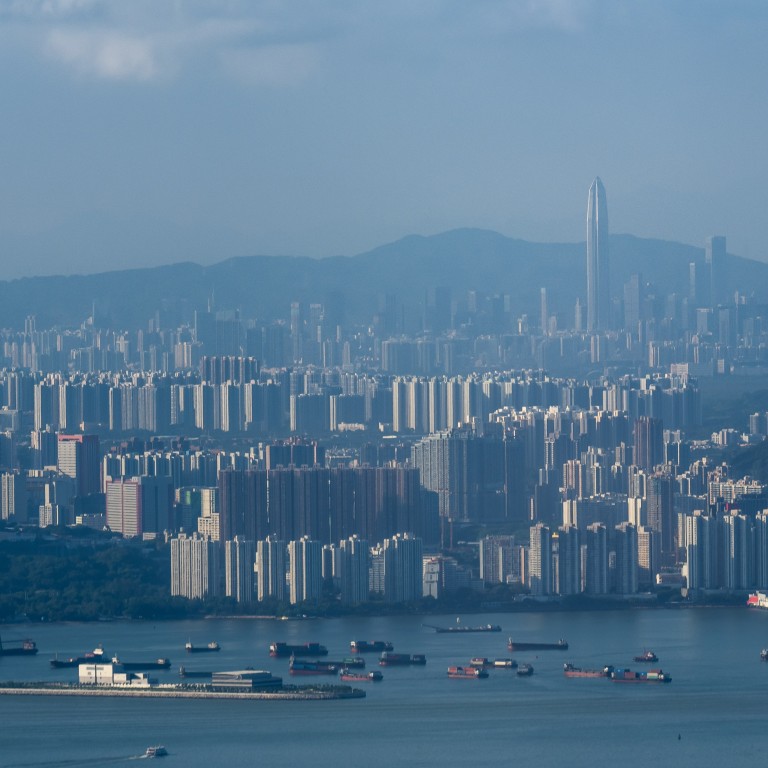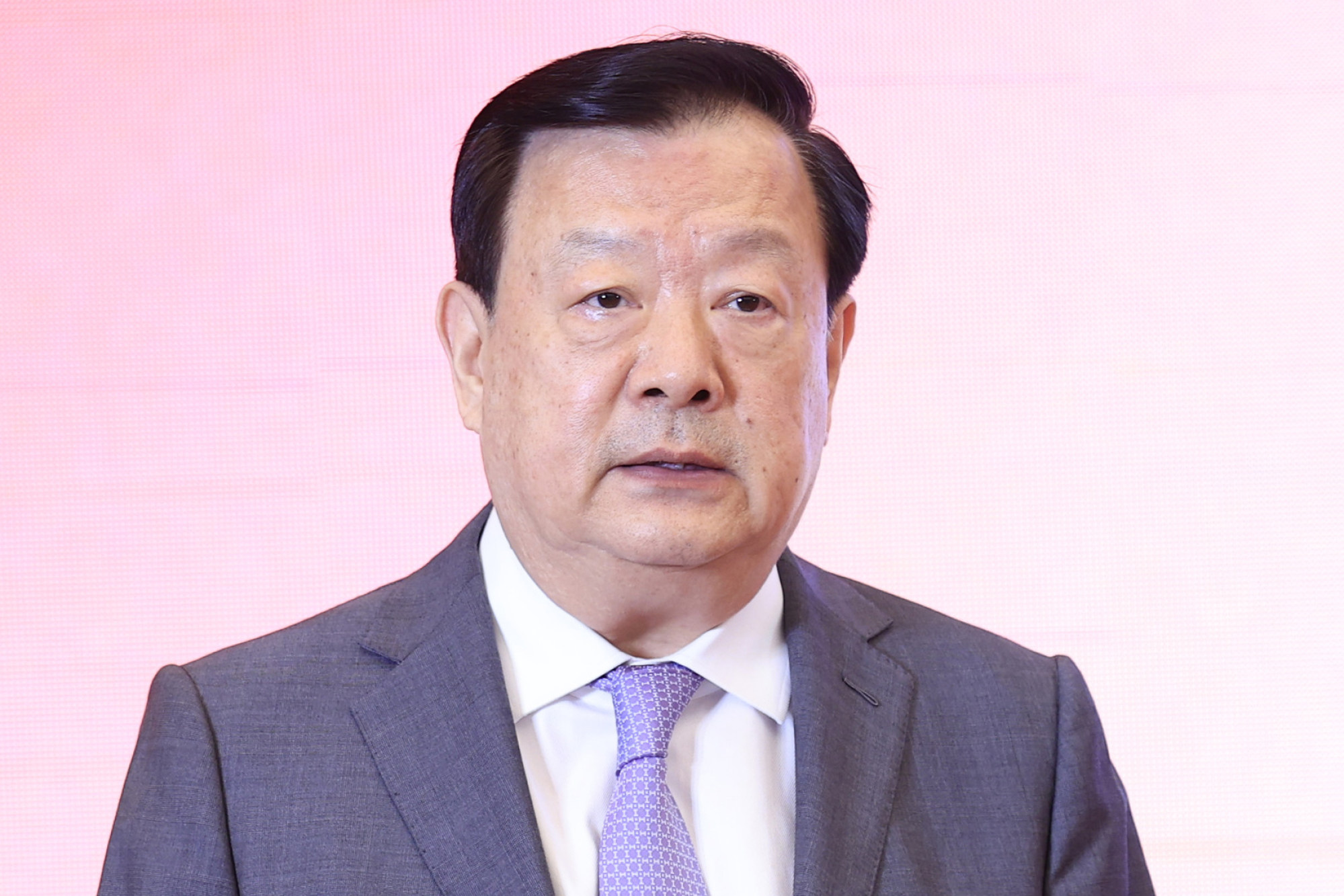
High-level Hong Kong, Beijing officials discuss future of sidelined district councils
- Currently more than half of seats in city’s 18 district councils are vacant due to wave of resignations or disqualifications
- Xia Baolong, director of the Hong Kong and Macau Affairs Office, met ‘relevant people from Hong Kong society’ several days ago in Shenzhen, including city’s No 2 official
Xia Baolong, the director of the Hong Kong and Macau Affairs Office, met “relevant people from Hong Kong society” several days ago in Shenzhen to learn about the latest developments in the financial hub, the cabinet-level body on Tuesday said.
“[Xia] also listened to reports by the Hong Kong government on recent policies and the review of district administration,” it said.
The Post also learned No 2 official Eric Chan Kwok-ki, Secretary for Constitutional and Mainland Affairs Erick Tsang Kwok-wai and Secretary for Home and Youth Affairs Alice Mak Mei-kuen met Xia over the border.
Hong Kong’s district councils: with opposition resigning in droves, what happens next?
Xia solicited views on “a number of issues”, which included Hong Kong’s economic recovery after the Covid-19 pandemic subsided and reforms of the district councils, a source said.
“It touched on whether the bodies should be formed entirely by directly elected members as they are now, or whether some members should be appointed by the government instead,” the insider said. “Xia did not give his stance in the meeting.”
The 18 district councils will end their term in December. Currently more than half of the seats are vacant due to a wave of resignations or disqualifications.
A government spokesman said Chief Executive John Lee Ka-chiu had been maintaining effective communication with the central authorities on his administration’s work, so mainland Chinese officials could “comprehensively understand and grasp the actual situation of Hong Kong”.
The government had started a review on district administration to ensure that future arrangements would conform with the Basic Law, the city’s mini-constitution, in adherence with the principle of “patriots administering Hong Kong”, and enhance the body’s efficacy, he said.
“The concerned bureaus of the government will continue the relevant review and announce details in due course,” he added.
Among the politicians who met Xia in Shenzhen was Professor Lau Siu-kai, a consultant with the semi-official Chinese Association of Hong Kong and Macau Studies think tank, who said the top Beijing official “mostly listened” without giving any indication on Beijing’s views on appointing members to the district councils.
Democratic Party plans to run in Hong Kong district council election next year
“Since Hong Kong has finally reopened with mainland China, Beijing officials would naturally like to come and check out the situation,” he said.
Lau said the announcement of Xia’s trip was also Beijing’s attempt to make such meetings more transparent. He said similar meetings had happened in the past, though some were not announced.
Xia was appointed to oversee Hong Kong affairs in early 2020. Weeks before Beijing imposed the national security law on Hong Kong in June that year, Xia met a wide range of local politicians.
Fuelled by a rising wave of anger against the government, opposition politicians and activists won the district council election by a landslide in 2019, taking 392 of the 452 seats up for grabs.

But two years later, Beijing brought in a raft of changes to ensure “patriots” ruled Hong Kong, including an oath-taking requirement. At least 153 district councillors gave up their seats. Some are facing charges stemming from the 2019 anti-government protests or the national security law.
Some members of the pro-establishment camp have since proposed reinstating the appointment of district councillors.
In September last year, Democratic Party chairman Lo Kin-hei said members would “go ahead” with campaigning for district council seats provided the government did not change the current system under which all seats were directly elected.

